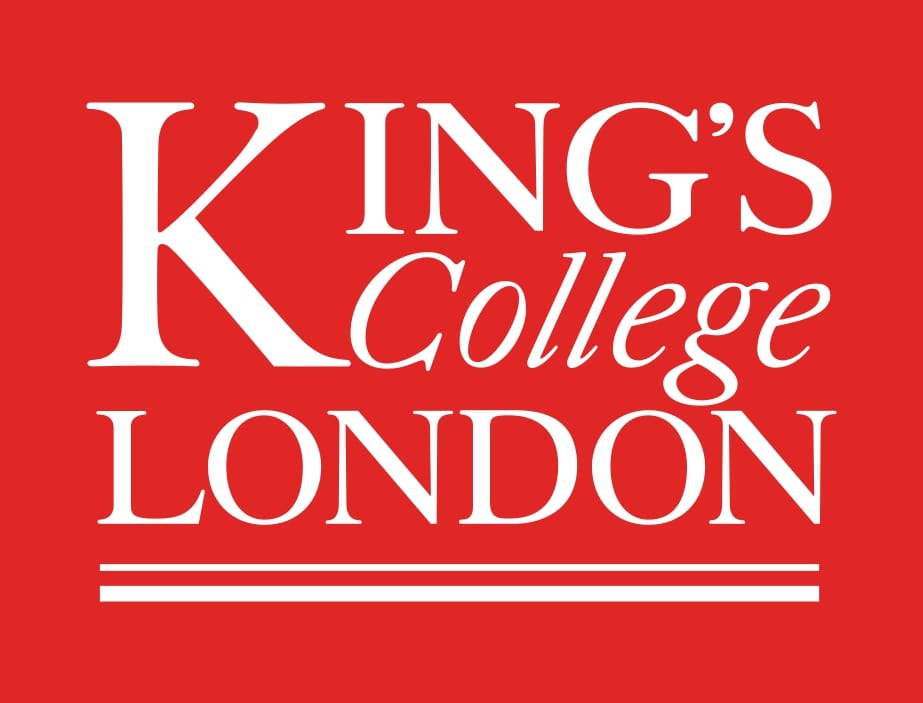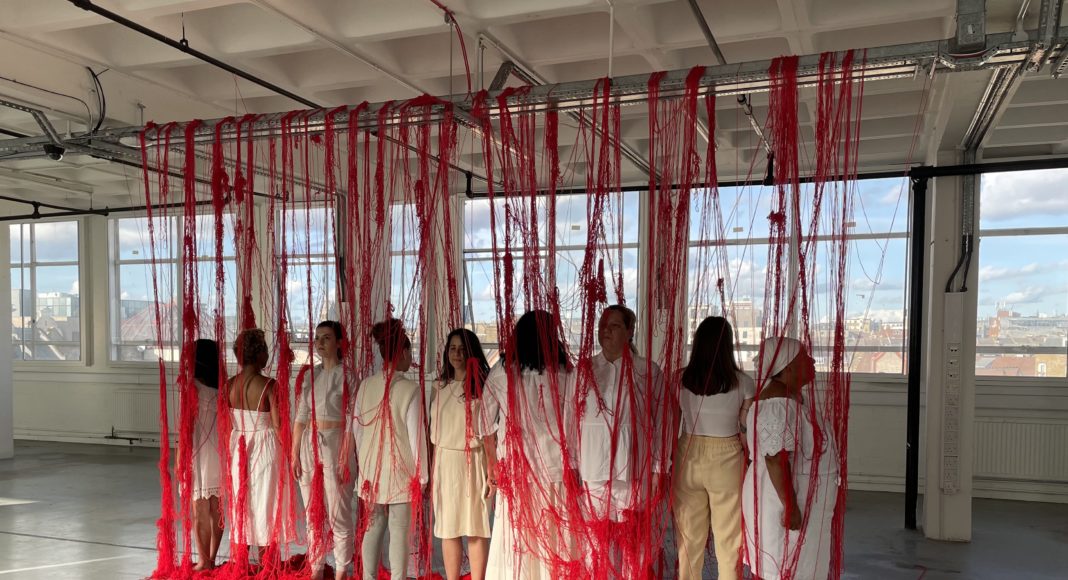As part of our ongoing collaborative Women Resisting Violence project in partnership between LAB and King’s College London, we are spotlighting Latin American grassroots campaigns and organisations that counter violence against women and girls. Read on to learn about Migrants in Action, a community theatre group led by Brazilian women in London in collaboration with the Latin American Women’s Rights Service (LAWRS). This initiative will feature in the upcoming Women Resisting Violence podcast.
Organisations | MinA (Migrants in Action)
Migrants in Action (MinA) is a community theatre group founded by artistic director Carolina Cal Angrisini in 2018. It is both established and run by Brazilian women who advocate for the wellbeing and visibility of the Brazilian community in the UK and Europe.
Migrants in Action aims to use theatre to support female migrants to overcome obstacles, through:
- Referring participants to organisations that provide services for Brazilian women fleeing abuse and violence in London
- Functioning as a safe space for survivors to build a sense of community
- Helping survivors understand and break the cycle of violence
- Working with the arts and borrowing a methodology known as ‘the Theatre of the Oppressed’, developed by Brazilian theatre practitioner Augusto Boal in the 1970s to give a voice to minoritized people
- Collaborating with organisations including the Latin American Women’s Rights Service (LAWRS), AMBE (Supporting Brazilian Women Abroad), Latin American Women’s Aid (LAWA), Encrespa Geral Londres, and Teser. All of these collaborators have helped MinA in their mission to aid and provide services for Latin American Women.
MinA provides a caring and dignified community space for minoritised Brazilian women who have experienced gendered violence. According to the Artistic Director, Carolina:
‘We believe every woman has something to say, we just need to ensure a safe space of listening … We use theatre techniques during our meetings to help everyone to relax and feel more comfortable, also giving them more confidence to open a space where the stories can be slowly shared’.
MinA ensures that the women connect with Brazilian culture in order to make them feel at home, confident to create their own new culture through sharing stories, writing poems and music, drawing and painting, and different types of performance. Through these processes, resistance and transformation can emerge. Carolina notes:
‘The most important thing is the focus on their inner healing, individually and collectively, and only after that do we focus on fighting the system. Theatre helps transform the individuals and move them towards action, so then they can be transformation actors and help to create a better society’.
“The most important thing is the focus on their inner healing, individually and collectively, and only after that do we focus on fighting the system.”
Examples of recent projects include ‘The Power of our Ancestors’, as part of LAWA’s Change Maker Programme in 2020. This involved an immersive performance created with 50 minoritised women, mainly of Latin American ancestry to discuss their stories of migration and celebrating their ancestors through song sang and poetry.
Fighting in the dark
MinA’s most recent project is called ‘Lutamos No Escuro’ or ‘We Still Fight in the Dark’, and is based on a report entitled ‘We can’t fight in the dark’ (McIlwaine and Evans, 2018). It draws on research (directed by Cathy McIlwaine of King’s College London with the Latin American Women’s Rights Service and People’s Palace Projects) which examines the nature of violence against Brazilian migrant women in London. The research showed that Brazilian women experienced high levels of gender-based violence and also that survivors were often afraid to report domestic abuse and other types of violence to the authorities, especially the police. This is because of fear of being deported, of losing their home and children, of being imprisoned and of not being believed. This then is compounded by perpetrators using immigration status as a weapon of coercive control to dissuade women from reporting and continuing the abuse.
The creative project ‘We Still Fight in the Dark’ aims first to reinterpret McIlwaine’s original research with Brazilian migrant women survivors, through creative applied arts workshops designed to improve wellbeing, develop community healing and raise visibility through an artistic installation; and second, to develop a policy toolkit about how to utilise and evaluate creative mechanisms to mitigate gender-based violence among migrant women through influencing policy.
‘We Still Fight in the Dark’ is a creative and policy-relevant collaboration – between Migrants in Action [MinA] and People’s Palace Projects [PPP] with Cathy McIlwaine and Niall Sreenan at the Policy Institute from King’s College London and Brazilian artist, Nina Franco in association with the Latin American Women’s Rights Service.
The workshops conducted between September and November 2021 have been carried out with 14 women. Among many activities, women have written poems about their experiences – ‘I keep walking’ and ‘I belong no.where’ –, written songs and created a multimedia performance with inputs from Brazilian artists Nina Franco, Alba Cabral and Louise Carpenedo. They are looking forward to finalising their performance by the end of 2021 to show the world that they are visible, creative and have dignity as Brazilian migrants in London.
The poem ‘I keep walking’ by one of the workshop participants.
Excerpt from the poem ‘I belong no.where’ by a workshop participant.
The project ‘We Still Fight in the Dark’ is funded by the King’s College London ESRC Impact Acceleration Account.
This is based on earlier research funded by the ESRC and Newton Fund under grant ES/N013247/1. Head to the project website for more.
Max Drabwell McIlwaine is a student in Geography and International Development at the University of East Anglia.




